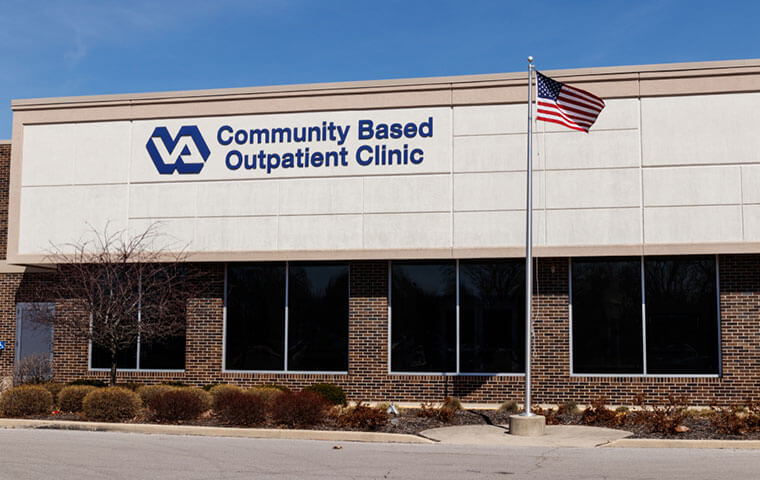 IG: As the population of women veterans increases, so does the demand for VA healthcare services to address women’s healthcare needs. Image: Jonathan Weiss/Shutterstock.com
By: FEDweek Staff
IG: As the population of women veterans increases, so does the demand for VA healthcare services to address women’s healthcare needs. Image: Jonathan Weiss/Shutterstock.com
By: FEDweek StaffIn response to an IG survey, four-tenths of maternity care coordinators at VA medical facilities reported having insufficient time for their duties. They cited understaffing, high patient caseloads and having responsibilities for other duties, voicing “a common concern about pregnant patients having timely access to maternity care.”
The IG received responses from 137 of the 140 Veterans Health Administration facilities contacted, finding that all 137 have maternity care coordinators, who act as a liaison for patients to navigate care provided either directly by VA or in community facilities under contract. “As the population of women veterans increases, so does the demand for VA healthcare services to address women’s healthcare needs,” it said, noting that child delivery-related hospitalizations doubled over the last decade.
Findings included:
* Fifteen percent said they “never” have enough time for their responsibilities and 26 percent said they only “sometimes” do, while only 13 percent said they “always” do and 45 percent said they “usually” do.
* “Time demands associated with collateral duties impacted the actual time available to perform maternity care coordination.” Such side duties included for example being a mammogram coordinator, cervical cancer screening coordinator, and women’s veterans program manager—a position that itself is full-time.
* Half reported challenges for scheduling routine prenatal visits at community care providers within the first trimester, and more than a third cited difficulties expediting appointments for high-risk patients or those seeking care in later pregnancy.
* About a fifth “described a need for additional staff, relief from collateral duties, or more designated time to perform MCC duties.”
Said the IG, “the findings above highlight the importance of ensuring VHA facilities provide adequate staffing and protected time for MCCs to perform assigned care coordination activities to address the needs of pregnant and postpartum patients.”
Shutdown Meter Ticking Up a Bit
Judge Backs Suit against Firings of Probationers, but Won’t Order Reinstatements
Focus Turns to Senate on Effort to Block Trump Order against Unions
TSP Adds Detail to Upcoming Roth Conversion Feature
White House to Issue Rules on RIF, Disciplinary Policy Changes
Hill Dems Question OPM on PSHB Program After IG Slams Readiness
See also,
How Do Age and Years of Service Impact My Federal Retirement
The Best Ages for Federal Employees to Retire

